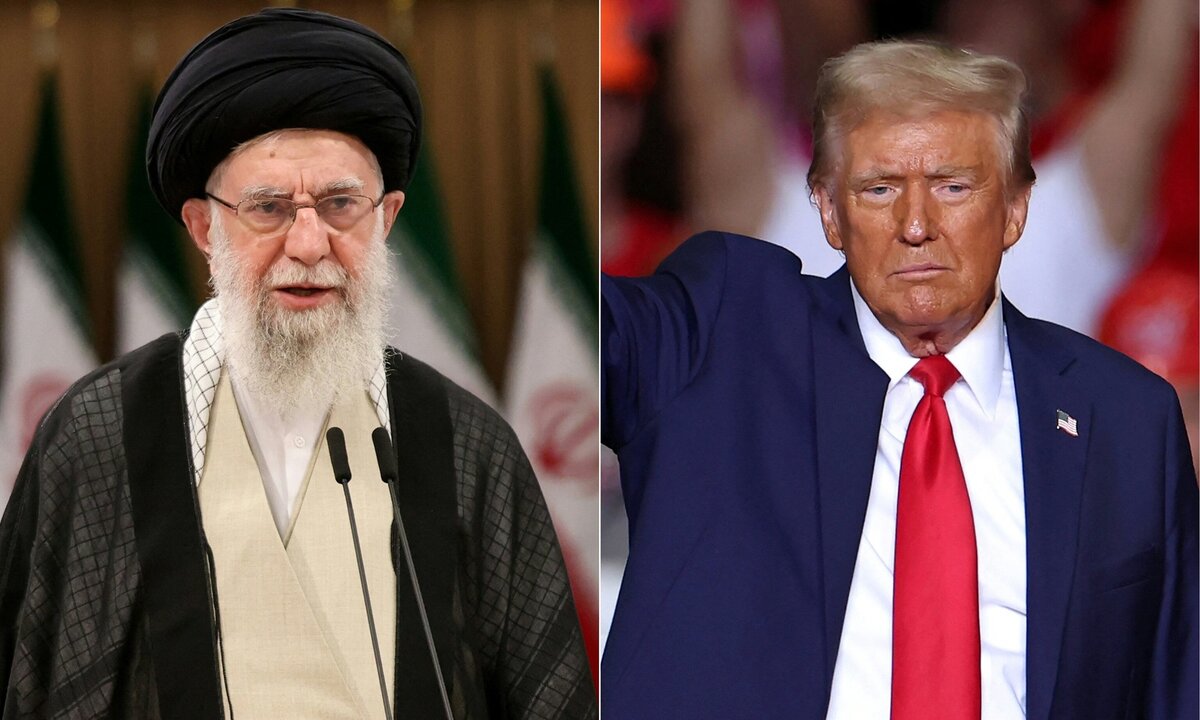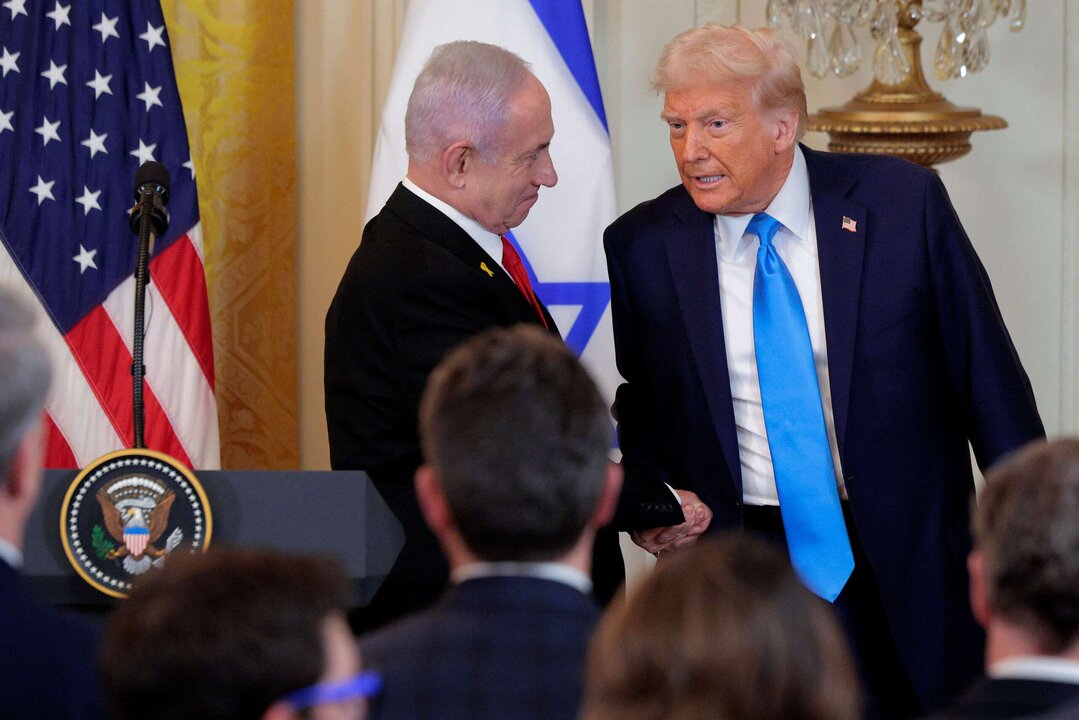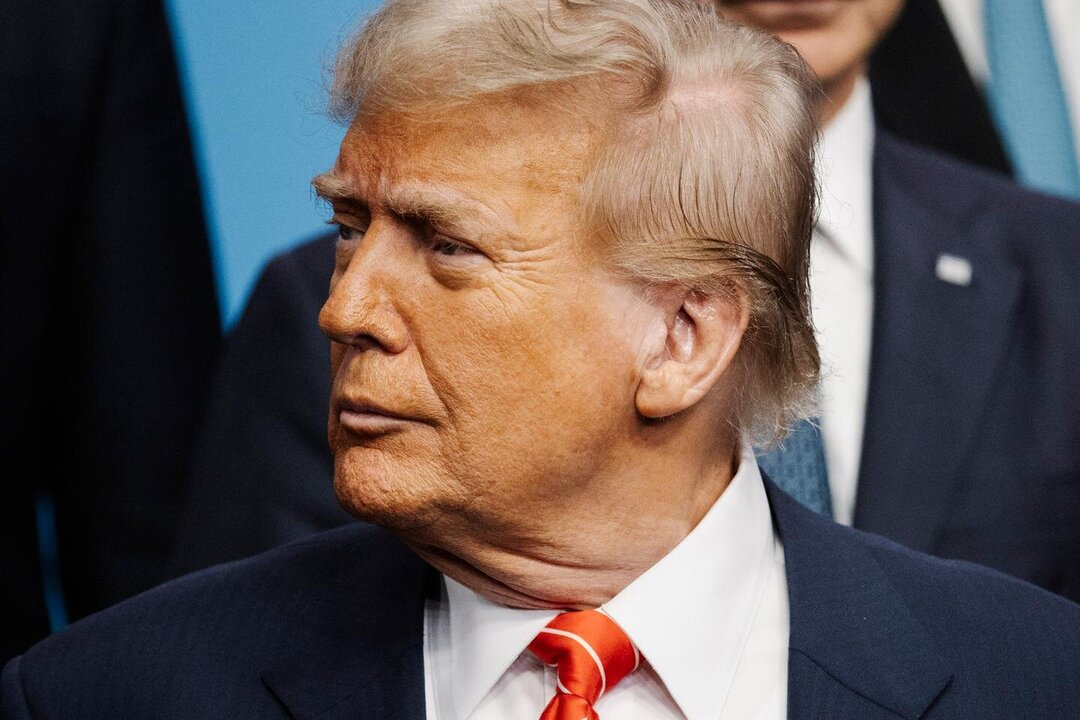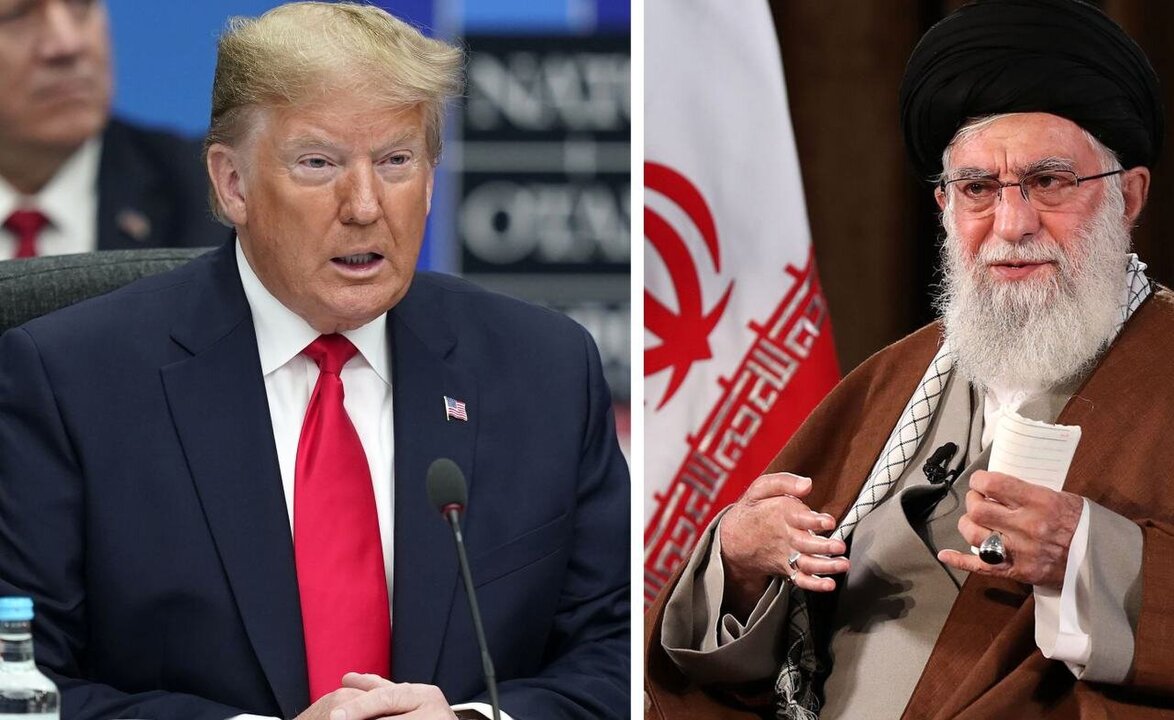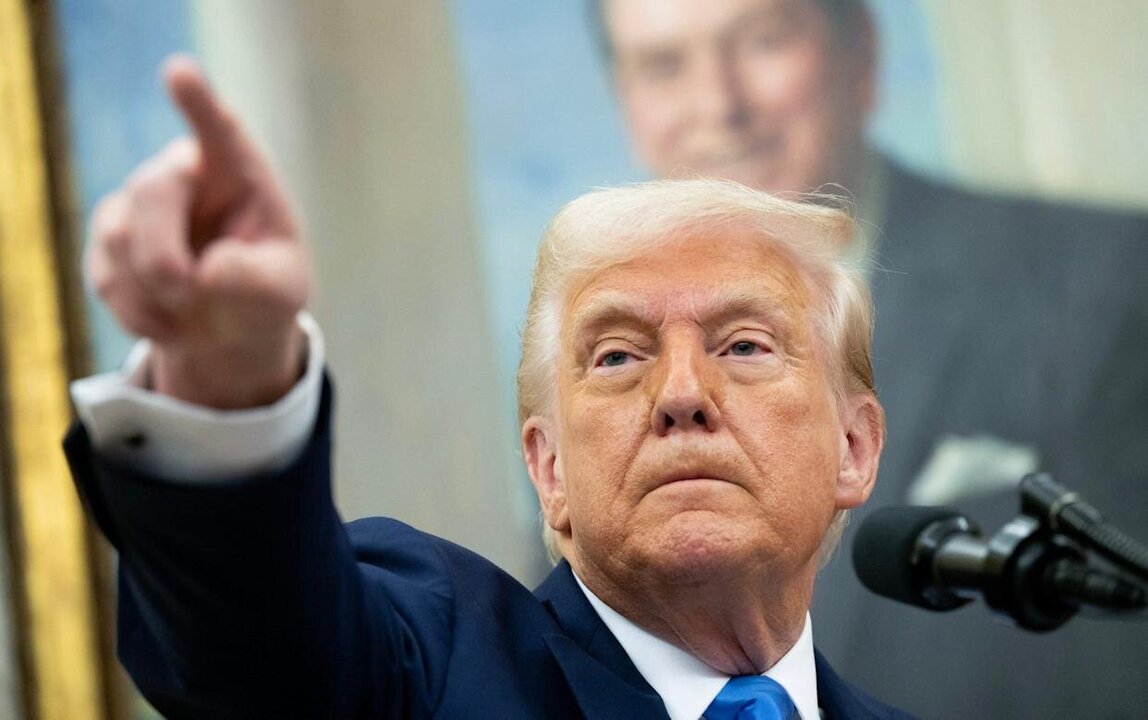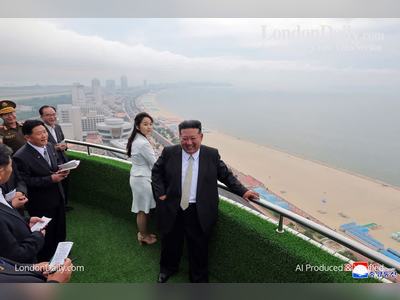Trump Questions Need for New Iran Nuclear Deal Following Claimed Destruction of Program
U.S. President cites earlier U.S.–Israeli strikes on Iranian facilities as reason to reconsider talks; IAEA confirms major damage, while negotiations remain scheduled
WASHINGTON, 25 June 2025 — U.S. President Donald Trump has questioned the necessity of pursuing a new nuclear agreement with Iran, citing what he described as the effective destruction of Iran’s nuclear infrastructure by previous U.S.–Israeli military operations.
In a public statement, Trump remarked, “The nuclear is destroyed,” adding, “Why would we need a deal now?”
The statement follows earlier declarations by the administration that coordinated strikes had dismantled critical components of Iran’s uranium enrichment program.
Those operations, carried out in multiple phases over the past year, targeted facilities including Natanz and Fordow.
Damage assessments, supported by satellite imagery and third-party analysis, confirmed severe structural and technical disruption at key nuclear sites.
While some initial intelligence assessments suggested Iran's program could be restored within months, U.S. defense officials and the CIA have since described the damage as strategically significant.
Secretary of Defense Lloyd Austin reaffirmed that the operations imposed lasting setbacks.
IAEA Director General Rafael Grossi also stated that Iran’s enrichment facilities suffered “enormous damage.”
Despite these developments, nuclear negotiations are scheduled to resume in Vienna next week, with diplomatic delegations from multiple countries preparing to reengage on terms of nuclear oversight and sanctions relief.
However, Trump reiterated the administration’s firm stance that any future agreement must prohibit enrichment entirely, guarantee full inspector access, and permanently eliminate Iran’s nuclear weapons potential.
The International Atomic Energy Agency has reported increasing difficulty in accessing Iranian facilities, citing inspections being delayed or blocked.
IAEA officials have warned of a potential verification crisis if access is not restored promptly.
Iran has not formally responded to the latest U.S. statements but continues to assert that its nuclear program remains peaceful.
Iranian state media have condemned recent U.S. positions and accused Washington of undermining regional stability.
The U.S. position as articulated by President Trump reflects a shift in focus from diplomatic engagement to enforcement leverage, emphasizing that any return to negotiations must account for the recent damage inflicted on Iran’s nuclear infrastructure and the altered balance of capabilities.
In a public statement, Trump remarked, “The nuclear is destroyed,” adding, “Why would we need a deal now?”
The statement follows earlier declarations by the administration that coordinated strikes had dismantled critical components of Iran’s uranium enrichment program.
Those operations, carried out in multiple phases over the past year, targeted facilities including Natanz and Fordow.
Damage assessments, supported by satellite imagery and third-party analysis, confirmed severe structural and technical disruption at key nuclear sites.
While some initial intelligence assessments suggested Iran's program could be restored within months, U.S. defense officials and the CIA have since described the damage as strategically significant.
Secretary of Defense Lloyd Austin reaffirmed that the operations imposed lasting setbacks.
IAEA Director General Rafael Grossi also stated that Iran’s enrichment facilities suffered “enormous damage.”
Despite these developments, nuclear negotiations are scheduled to resume in Vienna next week, with diplomatic delegations from multiple countries preparing to reengage on terms of nuclear oversight and sanctions relief.
However, Trump reiterated the administration’s firm stance that any future agreement must prohibit enrichment entirely, guarantee full inspector access, and permanently eliminate Iran’s nuclear weapons potential.
The International Atomic Energy Agency has reported increasing difficulty in accessing Iranian facilities, citing inspections being delayed or blocked.
IAEA officials have warned of a potential verification crisis if access is not restored promptly.
Iran has not formally responded to the latest U.S. statements but continues to assert that its nuclear program remains peaceful.
Iranian state media have condemned recent U.S. positions and accused Washington of undermining regional stability.
The U.S. position as articulated by President Trump reflects a shift in focus from diplomatic engagement to enforcement leverage, emphasizing that any return to negotiations must account for the recent damage inflicted on Iran’s nuclear infrastructure and the altered balance of capabilities.
